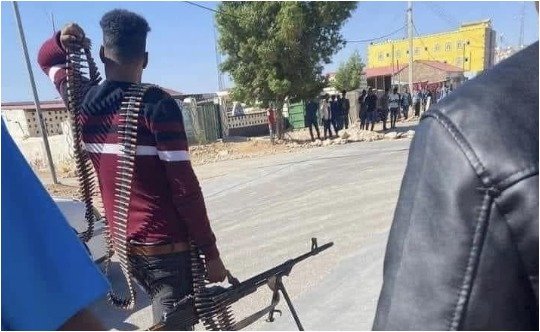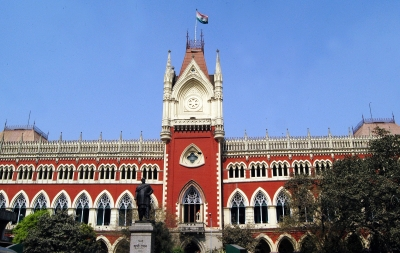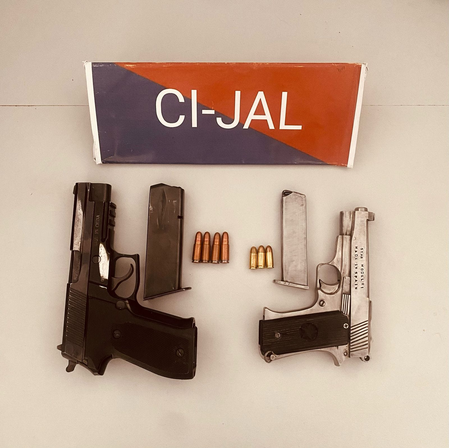
The UN Office for the Coordination of Humanitarian Affairs (OCHA) has raised concerns about the precarious situation in Somalia, with a combination of funding shortages and ongoing violence severely affecting the delivery of much-needed aid to the people in need.
According to OCHA, organizations like Unicef have reported a lack of financing, which could impact their ability to provide essential services such as water and sanitation, emergency education, and nutrition assistance. Additionally, the World Food Programme (WFP) had to reduce food assistance from over four million people in March to just 1.8 million people in July due to the funding shortfall.
The situation is further exacerbated by the violence in the region, which continues to hinder the humanitarian response. On July 25, Medecins Sans Frontieres announced its withdrawal of support to the General Hospital in Laas Caanood due to security concerns.
Despite the challenges, relief assistance is still being provided, and as of June, humanitarian partners have reached approximately 5.7 million people in Somalia. A polio vaccination campaign has also been completed, benefiting 2.4 million children under the age of five.
However, the current level of funding is far from sufficient. The Humanitarian Response Plan for Somalia has only received 33 percent of the required $2.6 billion halfway through the year, significantly impacting the UN’s ability to carry out its crucial work.
OCHA emphasizes that sustained humanitarian assistance is essential to prevent the situation in Somalia from deteriorating further. Without adequate funding and security, there is a risk of the region experiencing even worse outcomes, posing a serious threat to the well-being and lives of its vulnerable population.




